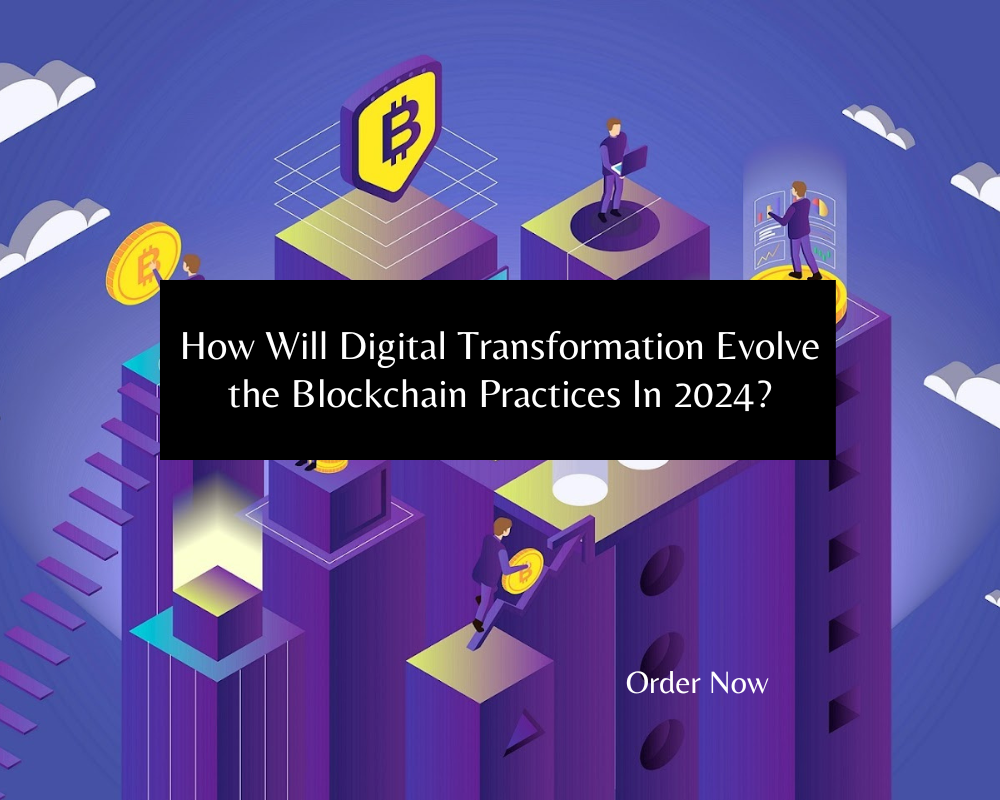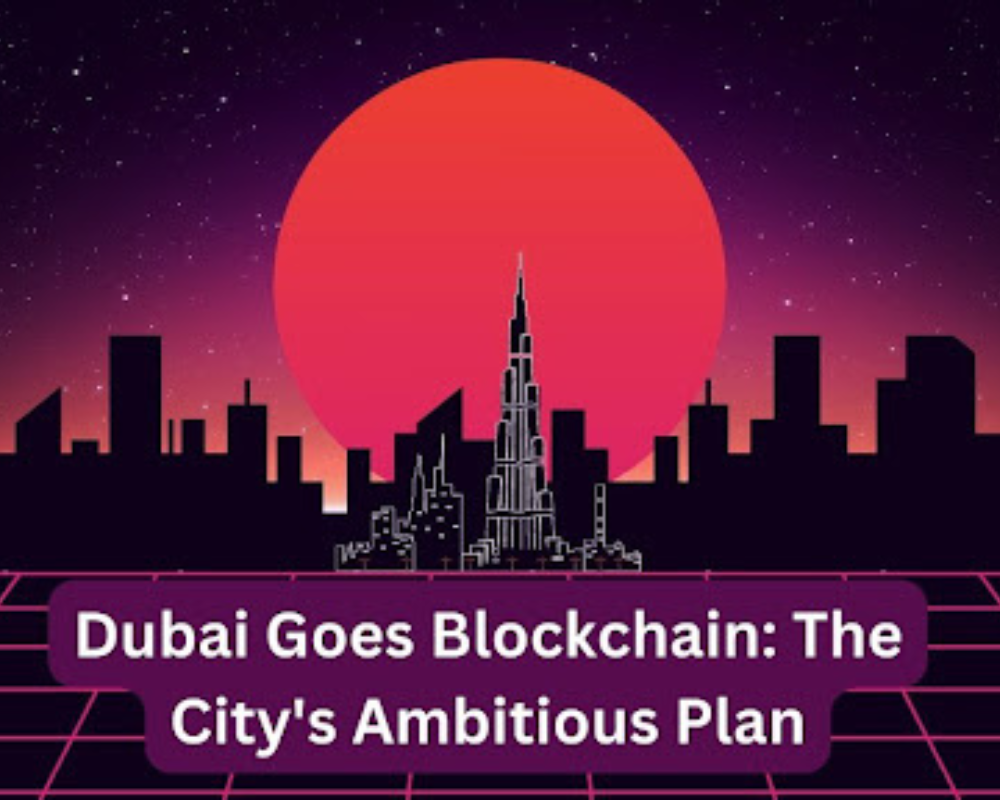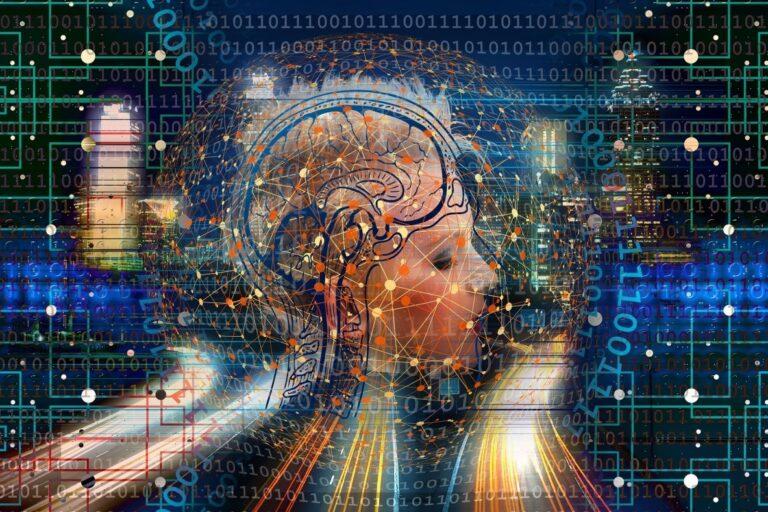The Internet is always developing and changing. In its infancy, its primary function was to facilitate communication and the spread of knowledge. Web 2.0 came along, and that’s when social media and DIY media took off. Now that the Web3 era has arrived, what changes can we anticipate?
Web3’s defining characteristics include decentralization, data ownership, privacy, and AI (AI).
Web 3.0
Tim Berners-Lee, the creator of the World Wide Web, has predicted that artificial intelligence (AI), the Internet of things (IoT), and blockchain technology will form the foundation of Web 3.0, which he has dubbed the semantic web.
In a Web 3.0 environment, users, devices, and systems in places like smart homes, smart vehicles, and smart workplaces will be able to communicate and collaborate in real-time. Machines will also facilitate content creation, sharing a greater volume of high-quality media. In Web 3.0, users will shift from being commodities to owners, thanks to innovations like non-fungible tokens (NFTs), which give authors full control over their work.
There are primarily three new layers of technology that makeup Web 3.0:
Cloud Computing at the Edge
The closer the server is located to you, the better the performance, security, dependability, and efficiency will be for you.
Decentralized Data Networks
As a result, you can trade or sell your information without giving up any rights to it, disclosing any personal information, or depending on any intermediaries. Your information is, in a nutshell, entirely under your control.
Artificial Intelligence (AI)
Want to know the most effective way to increase your income by 100%? to cut back on expenses, etc.? Given enough data, AI and machine learning algorithms can generate a detailed explanation of why and how to get there.
Also Read: The Millenials Advice on Cryptocurrency Speculators
Why Web 3.0 Matters
In Web 3.0, the idea is that websites will learn from their visitors’ actions and preferences to improve their services.
Instead of internet behemoths exploiting their users’ data and selling it to third-party advertisers, Web 3.0 users will reclaim sole ownership of their data and be compensated for it. Each person will be free to decide whether or not to disclose any information about themselves.
Internet users also hope that the semantic web will end annoying pop-up ads that have become commonplace in the Web 2.0 era. Advertisements that can’t be closed or closed without interrupting the user’s flow will be eliminated. Instead, users will be able to pick and choose which advertisements they want to see and be compensated for doing so.
As the next generation of the Internet, Web 3.0 is open-source, permissionless, and increasingly decentralized to create a more equitable online environment. However, various cutting-edge technologies are required to implement such a radical paradigm shift.
We can expect blockchain, AI, and the Internet of Things to be the three primary technologies driving Web 3.0. The payment infrastructure of the semantic web will be built on top of blockchain and distributed ledger technologies, making them the de facto standard for decentralized data storage and sovereign identity. Artificial intelligence will be in charge of sifting through massive amounts of data to find users’ most relevant and useful information. Interoperability between internet-connected smart devices is a top priority for the semantic web, and IoT will provide that layer of assurance.
Web 3.0 and the Future of the Event Industry
Total Control of Your Data
Put, when you upload content to most platforms, you are not the legal owner of that data. Even though the issue isn’t black and white, we can all agree that it’s not like you can grab your data and completely remove them on Facebook without their permission or help when you upload photos.
However, this is not necessarily a negative thing. The company provides a free data storage and management service. However, we all know that there is no such thing as a free lunch. They need money, so they sell your information to pay for theirs.
Smart Contract to Validate Each Transaction

The question of “whom to pay when and how much?” is complex and common, and it frequently arises when working with new vendors; a smart contract can help answer this question and many others like it.
To put it simply, a smart contract is a transaction protocol designed to mechanically carry out, regulate, or record the performance of specified legal obligations by the terms of an underlying contract or agreement. Explain this in terms of how it functions.
Let’s pretend you’re a musician who has established some ground rules for their fans:
- 50% non-refundable deposit due six months before the event, with payment due within one week of the invoice date
- 50 percent due no later than 48 hours following the event.
- If the clientele don’t hurry up, they’ll have to pay an extra 5% per week.
Bookings, reminders, and billing must currently be handled manually. With a smart contract, you can predefine how certain events or actions should be taken and rest assured that they will be carried out without any further intervention.
Also Read: 3 Aspect of Business Where a Business Mentor Can Benefit Your Business
Recent Global Events
Finally, the evolution of Web3 will undoubtedly be influenced by several global events. Conflicts like the one between Russia and Ukraine, for instance, can significantly affect the development of blockchain technology. In the future, similar occurrences are likely to continue to occur.
Some of the most important factors in Web3’s evolution include the following. Predicting the future is difficult, but if we pay attention to these trends, we can get a good idea of what the web will look like.
Different Types of Events to Organize On Web3 Event App
- Conferences for Business Corporations
- Virtual eLearning
- Events Featuring Live Music
- Celebrations
Features of Web3 Event Platform for All Your Business Needs
The user experience is simplified with web3 apps. Since it’s rendered in cutting-edge 3D, it has the potential to keep users entertained for longer. Unlike in the real world, the show must go on until the end, and the audience can sit back and enjoy it.
You can get more people to attend your event by holding it on the Web3 platform, thanks to the high-quality metaverse infrastructure and the wide selection of avatar-creation options it provides.
The Path Forward for the Web
When put together, what does this portend for the future of the Internet? A more distributed, private, and AI-driven internet is on the horizon. Web3 event app development will alter almost every facet of our lives. In short, the next few years will usher in a great era for the Internet.




